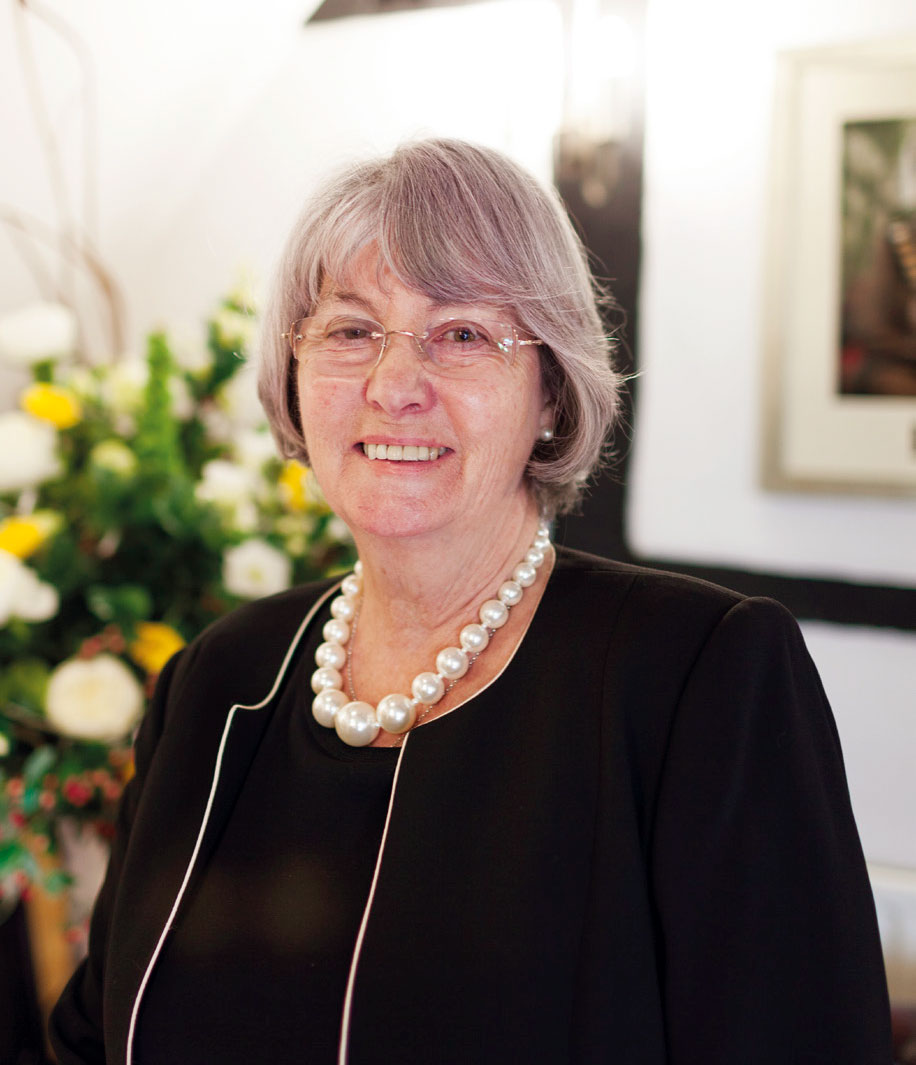IFD course of action

The IFD College will shortly offer a stand-alone module dedicated solely to infant and child deaths
On 16 April 2013 the then Minister for Public Health, Michael Matheson MSP, announced in the Scottish Parliament the creation of an independent commission to examine the policies, practice and legislation related to the cremation of infants in Scotland following the scandal at Mortonhall Crematorium.
This Commission, chaired by the Rt Hon Lord Bonomy, reported its recommendations to the Scottish Government during June 2014. One of those recommendations was that everyone connected with the death of an infant or child should receive sector-appropriate training, as detailed in the extracts below:
2.49 All providers of training programmes for funeral directors should review them in the light of any legislative changes affecting the cremation of non-viable and stillborn babies and associated administrative procedures. (11.26)
2.50 All providers of training programmes for funeral directors should devise modules designed to give funeral directors an understanding of the cremation process, the effect it has and the prospects of recovering ashes in baby and infant cremations. (11.26)
11.23 Funeral director training addresses subjects such as dealing with the bereaved, handling the necessary paperwork, and arranging a funeral, as well as technical details about the construction of coffins and what may or may not be placed in a coffin. The action taken in relation to the ashes actually recovered is also dealt with, including interring, scattering and retention. However, funeral director training does not address the process of cremation and its impact on the body.
11.24 So far as the likelihood of recovery of ashes is concerned, funeral directors rely on and take their lead from the ICCM and the FBCA and quote their advice and the information they have obtained from the local crematorium when discussing with bereaved families the options for laying their babies to rest. The Commission understand that, in the absence of information to the contrary, a funeral director would normally advise that ashes may not be recovered following the cremation of a baby and would mention the alternative of burial. Among the submissions received by the Commission are cases where funeral directors made more definite statements to the effect that ashes are not recovered in baby cremations, including some where it has now come to light that there were ashes, as occurred in the Mortonhall cases.
11.25 As in the case of those involved in cremation, a lack of consistency in the use of language by funeral directors reflects not only uncertainty, but also differences of opinion, about what the applicant for cremation ought to receive at the end of the cremation. Yet again the need for clarification of Regulation 17 of the 1935 Regulations, as dealt with earlier in this Report, is demonstrated.
11.26 The importance of the part played by funeral directors in ensuring that bereaved clients experiencing the most distressing of bereavements understand clearly the options available to them and the implications of cremation cannot be referred to therein and any changes in practice and guidance that may be determined by the ICCM and FBCA following the work of this Commission and the Mortonhall Investigation. Those bodies which provide training programmes should review them in the light of any legislative changes affecting the cremation of non-viable babies and stillborn babies, as well as the various changes to the forms in use and the registration process. They should also, as part of that review, devise a training module designed to give funeral directors an understanding of the cremation process, its effect on the body, and prospects of the recovery of ashes in baby and infant cremations.
In response to these recommendations, and because we believe that all funeral staff, wherever they operate in the UK, should have a good understanding of the subject, the IFD College will shortly offer a stand-alone module dedicated solely to infant and child deaths. The module has already received accreditation from One Awards and is currently being tested by college staff prior to a launch at Education Day in October.
Suitable for any member of your staff, either operative, administrator, new entrant or ‘old hand’, successful completion of the course and subsequent One Awards certificate will provide evidence of appropriate training. Registration for the module will require no entry qualification, thus making it available to all.
The module covers correct terminology for the period of gestation or age of a foetus or infant, statutory requirements including certificates, documents and registration in a range of circumstances, local crematorium and cemetery procedures and cremation processes as they relate to infants and children with particular emphasis on the retrieval of cremated remains. Additionally, the module pays great attention to supporting bereaved parents, other family members and siblings, ensuring they are able to make informed choices and the need for clarity and transparency throughout the arrangements and funeral.
For anyone who might find the academic style of this module daunting it will be possible to attend the training workshop and obtain an IFD College certificate of attendance only without completing coursework. Clearly, there would be no One Awards certificate in this instance but the expectation is that those client-facing members of staff will have taken the full training.
Tags: bereavement, child, education, funeral directors, IFD College, infant, training